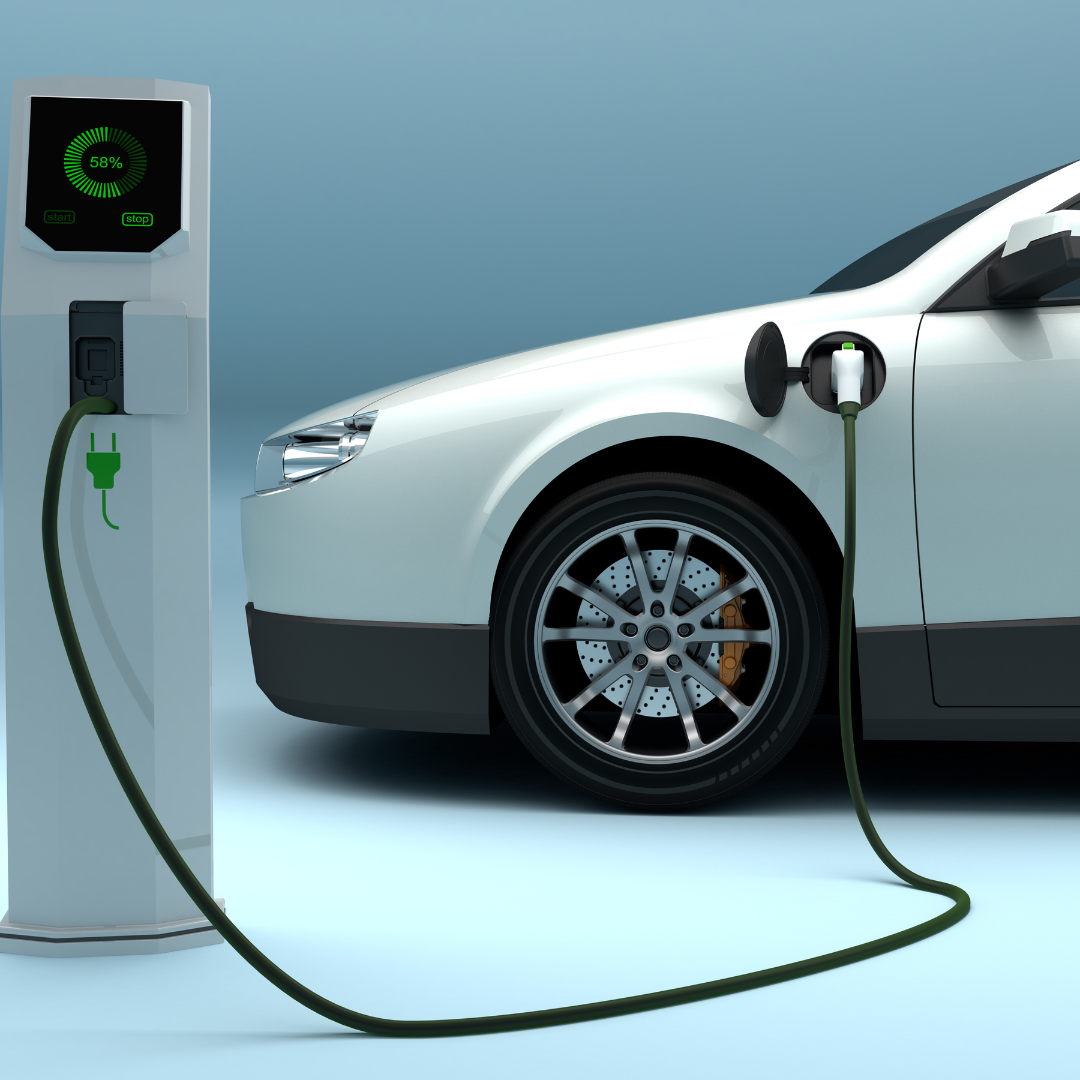Introduction:
As the world moves towards a cleaner and greener future, electric cars are becoming increasingly popular. These vehicles run on electric motors instead of traditional internal combustion engines and have numerous benefits over their gasoline-powered counterparts. In this article, we will explore the various benefits and drawbacks of electric vehicles and discuss what the future of these cars looks like.
What is an Electric Vehicle?
Electric vehicles (EVs) are vehicles that run on electric motors powered by rechargeable batteries, rather than traditional gasoline or diesel engines. They are designed to emit significantly fewer greenhouse gases than traditional cars, making them a more environmentally friendly option. There are three primary types of EVs: Battery Electric Vehicles (BEVs), Plug-in Hybrid Electric Vehicles (PHEVs), and Hybrid Electric Vehicles (HEVs).
Various Types of Electric Vehicles:
Battery Electric Vehicles (BEVs) are fully electric cars that run entirely on battery power. They have no internal combustion engine and must be charged through an external power source. On the other hand, Plug-in Hybrid Electric Vehicles (PHEVs) have both an electric motor and an internal combustion engine. They can be charged through an external power source or by the internal combustion engine. Hybrid Electric Vehicles (HEVs) have both an electric motor and an internal combustion engine, but the electric motor is primarily used to assist the engine, rather than solely powering the vehicle.
Elements of an Electric Vehicle:
Electric vehicles have several key elements that set them apart from traditional vehicles. One of these is regenerative braking, which helps recharge the batteries while braking, making them more energy-efficient. Additionally, EVs have a power inverter, which converts the DC power from the batteries to AC power to drive the electric motor. They also have a charger, which can be either on-board or external, to recharge the batteries.
Benefits of Electric Vehicles:
One of the most significant benefits of electric vehicles is their low environmental impact. Since they emit significantly fewer greenhouse gases than traditional vehicles, they are a more environmentally friendly option. EVs also have lower operating costs, as electricity is generally cheaper than gasoline. They are also quieter and smoother to drive, providing a more comfortable ride. Finally, as the technology continues to advance, the range of EVs is also improving, making them a more viable option for long-distance travel.
Drawbacks of Electric Vehicles:
While electric vehicles have numerous benefits, they also have some drawbacks. One of the main drawbacks is their higher upfront cost compared to traditional gasoline-powered vehicles. Additionally, EVs have a limited range, which may not be sufficient for long-distance travel. Charging infrastructure is still developing, which can make it difficult to find charging stations, particularly in more rural areas. Finally, EVs may not be as convenient for those who don’t have access to a charging station at home or work.
Conclusion:
Electric Cars have numerous benefits and drawbacks. As technology continues to advance, it is likely that the range of these vehicles will continue to improve, making them a more viable option for more people. As the world moves towards a cleaner and more sustainable future, electric vehicles will play an essential role in reducing greenhouse gas emissions and protecting the environment.








